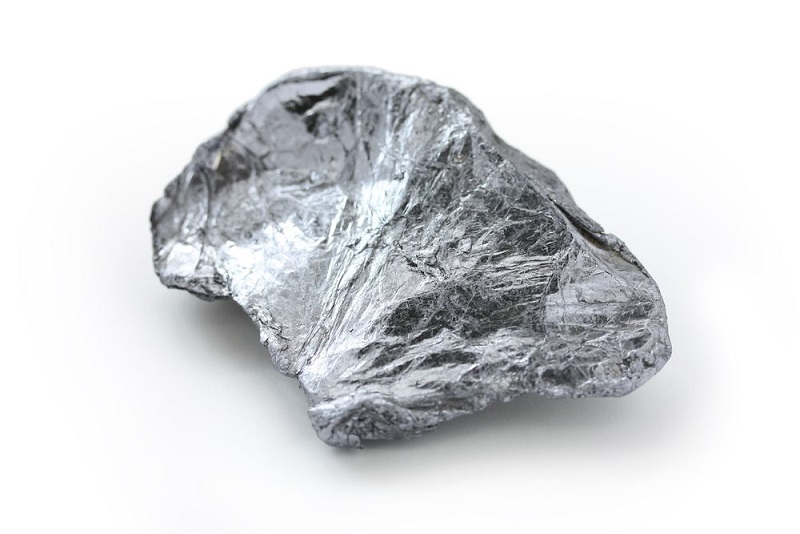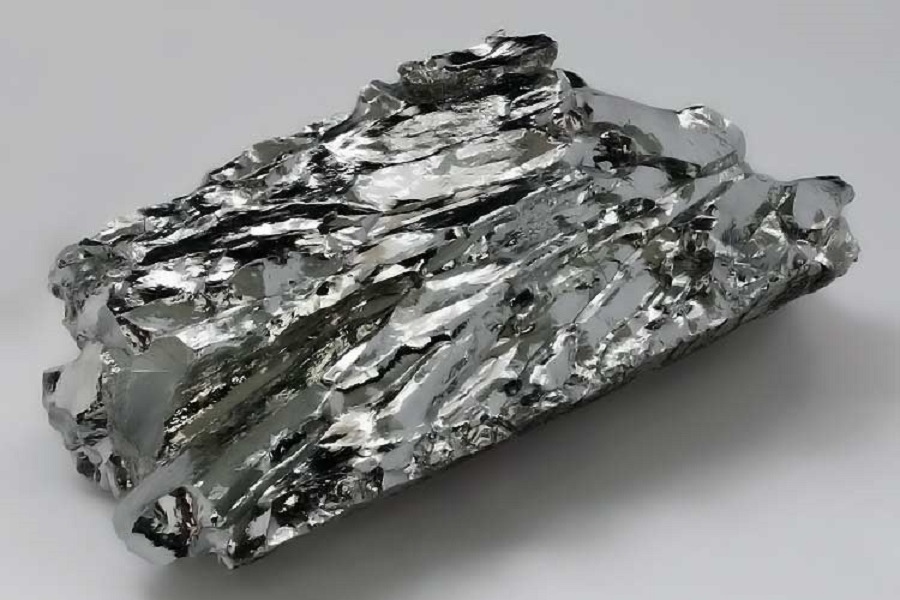Uses of Molybdenum in the Chemical Industry

Uses of Molybdenum in the Chemical Industry
Molybdenum is a silver-white metal with a density of 10.2g/cm³, a melting point of 2610°C, and a boiling point of 5560°C. Due to its high strength, high melting point, corrosion resistance, and wear resistance, molybdenum is widely used in steel, petroleum, chemical, electrical and electronic technology, medicine, and agriculture. In this article, let's take a look at the uses of molybdenum in the chemical industry.

Uses of Molybdenum in the Chemical Industry
In the chemical industry, molybdenum is mainly used to make molybdenum-containing catalysts, pigments, lubricants, smoke suppressants, and flame retardants. As a catalyst, molybdenum compounds are widely used in many processing processes, such as oil refining and the production of organic chemicals. At present, both types and applications of molybdenum-containing catalysts are increasing day by day.
There are three main types of molybdenum pigments: molybdenum orange, basic coloring pigments, and anticorrosive pigments. Molybdenum orange is widely used in automobiles and printing inks. The basic pigment is a mixture, but its application is also wider. Relatively speaking, molybdenum-containing anticorrosive pigments are very promising. Zinc molybdate, calcium molybdate, and sodium molybdate are the main raw materials for the production of the aforementioned anticorrosive pigments. At present, the use of this molybdenum-containing anticorrosive pigment in the iron and steel industry is increasing rapidly.
Pure molybdenum disulfide lubricant is a very important solid lubricant. It can be applied to bearings that produce high temperatures and high pressure to play a good lubrication effect. The powdered molybdenum disulfide can be suspended in grease or mixed in the paint. The molybdenum disulfide in the grease can coat and reduce the unevenness of the contact surface at high temperatures.
Molybdenum also has important applications in smoke suppressants and flame retardants. Additives containing calcium molybdate and zinc molybdate are used as smoke suppressants in the paint and plastic industries because these molybdenum compounds can carbonize plastics to achieve the purpose of suppressing fireworks.
Conclusion
Thank you for reading our article and we hope it can help you have a better understanding of the uses of molybdenum in the chemical industry. If you want to learn more about molybdenum and molybdenum alloys, we would like to advise you to visit Advanced Refractory Metals (ARM) for more information.
Headquartered in Lake Forest, California, USA, Advanced Refractory Metals (ARM) is a leading manufacturer & supplier of refractory metals & alloys across the world. It provides customers with high-quality refractory metals & alloys such as molybdenum, tantalum, rhenium, tungsten, titanium, and zirconium at a very competitive price.
{{item.content}}
LEVE A REPLY
{{item.children[0].content}}
{{item.content}}






